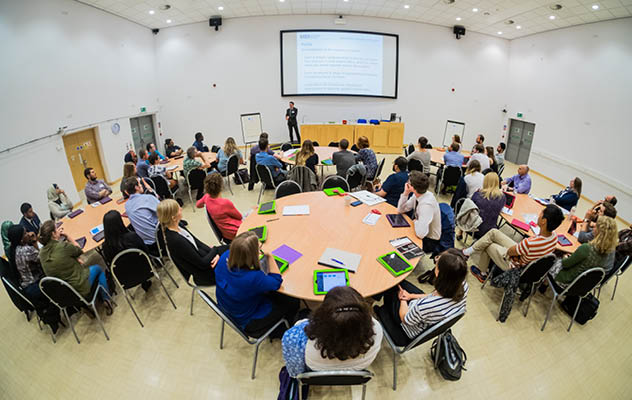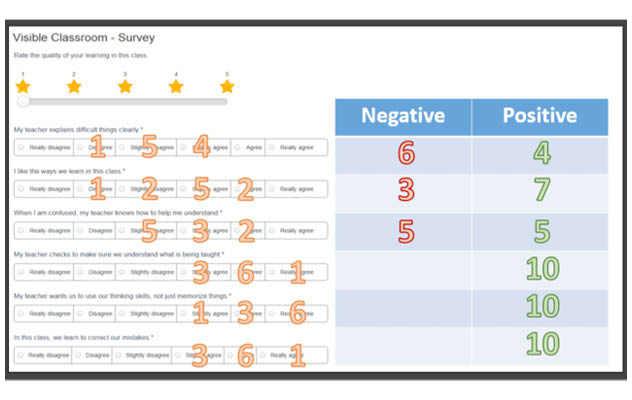
Teaching A level mathematics can be difficult, especially when you have little experience of teaching the subject. We chatted to Alex Cameron, a teacher at Bentley Wood High School in Harrow, who explains the impact that our New to teaching A level mathematics summer school has had on him and his students.
Tell us a bit about yourself – where do you teach and how long have you been teaching mathematics?
I trained to teach 12 years ago at Brighton University and taught a few A level classes during my second placement.
I have since only worked with pupils aged 11 to 16 until I began at Bentley Wood School in January 2016 where I have been teaching Year 12.
Tell us about your experience of A level mathematics when you studied at school.
My secondary school and A level experience were similar in that we had a textbook that we followed and complete all of our work from. The teacher would explain theory at the beginning of each lesson and then we would practise.
As a teacher of A level mathematics, what problems and difficulties do you face?
The pressure of covering enough content in the time is the biggest worry. I also have students with a wide range of prior experience. From students that achieved a grade B and were in second set, to girls that achieved grade A* and also studied further maths.
The accuracy of student’s GSCE level or below work is a concern, for example rearranging formulae or solving equations, and methods of calculation with fractions.
You took part in the New to teaching A level mathematics summer school last year. What impact has this had?
The most immediate effect that the course had was increasing my confidence in my teaching of key stage 5. I was conscious last year that there was a noticeable difference in my approach in key stage 3 to key stage 5. This course reassured me that teaching at this level can be just as creative, just as fun and just as engaging.
I want to reiterate that delivered as a residential course gave me the time to reflect in a relaxed environment away from the stresses and workload of the daily teaching grind. And I would strongly urge the ENTHUSE Award to continue to fund such an impactful course.
Describe one aspect of the course you have implemented in your own teaching.
The main change is that I aim to deliver content through an activity that generates discussion between students.
Last year the main activity in lesson was the students completing textbook exercises. This is rare in my lessons now and the textbook is used by the students to complete homework.
Your students recently completed a student voice survey, what did this reveal?
One question was "My teacher wants us to use our thinking skills, not just memorise things", probably the indicator that is most aligned with the objectives of the course. All students gave a positive response to this, in fact it was the question most positively answered of the lot.
Have a look below; I obviously have some work to do on my delivery of the initial conceptual understanding, but I actually think that is more to do with creating buy-in with the lessons that I choose to make deliberately demanding in the hope that their problem solving skills and application of knowledge is tight.

Do you have any advice for other A level mathematics teachers?
Find a good source of rich tasks and approaches (like Underground Mathematics).
Think outside the box, easy to say, but try and think of creative ways to approach each topic that explores the ‘why’ behind the theory.
Show students the beauty of mathematics for maths-sake, rather than it being a set of formulae and algorithmic processes.

